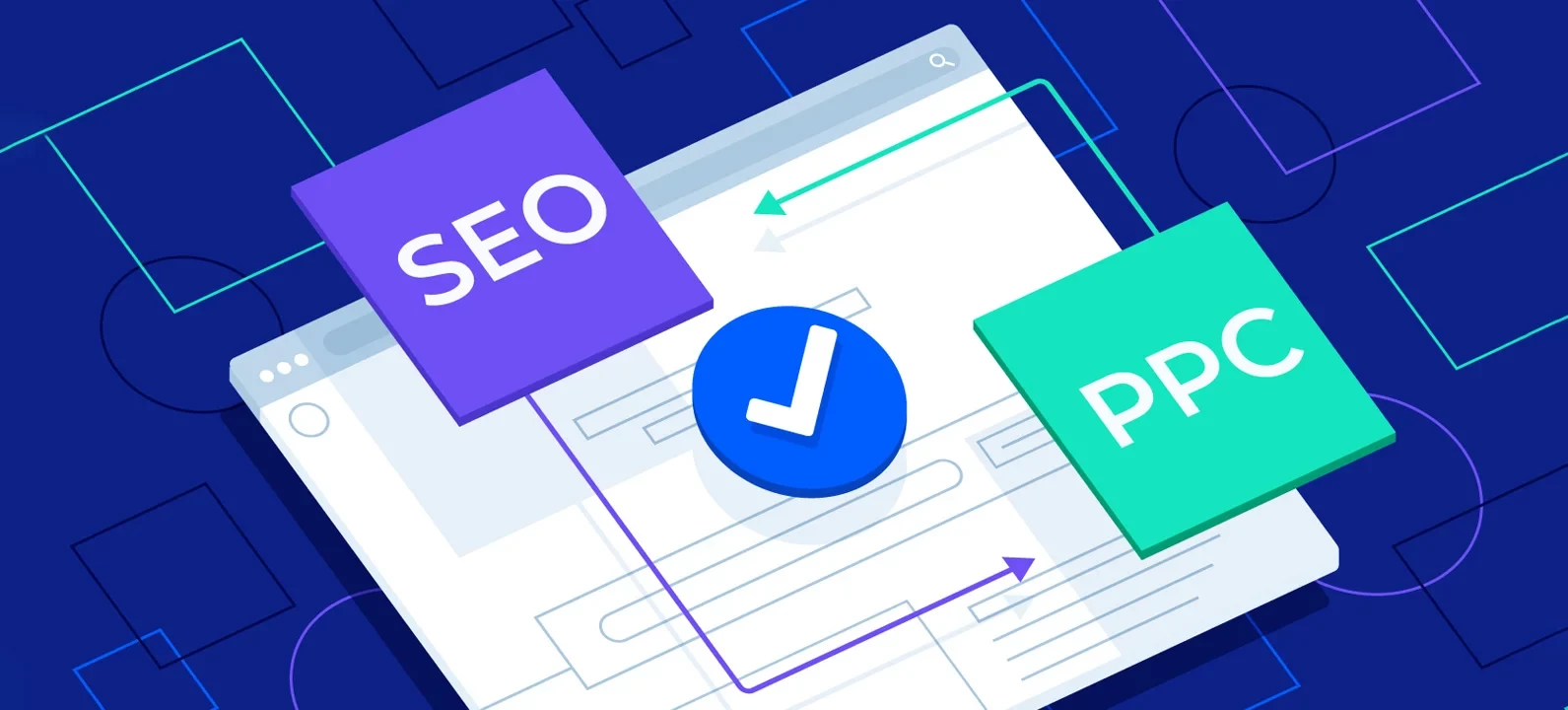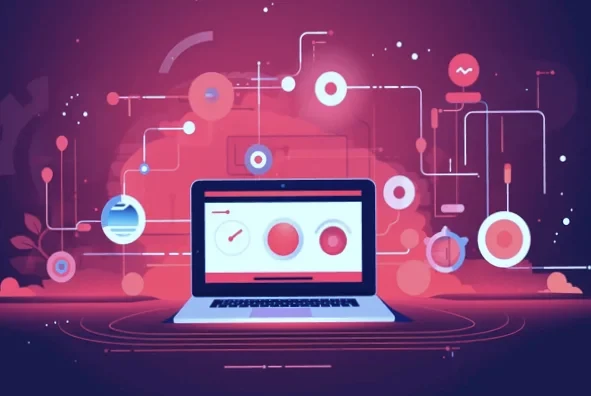As modern technologies advance, organizations always look for the appropriate ways to improve their internet marketing results. Out of all the methods used in digital marketing, the two most influential ones were search engine optimization (SEO) and pay-per-click (PPC) advertising. And while both have pros and provide different services to meet different goals, you need to study the differences to avoid wasting money.



Being the top digital marketing agency in Gurugram and Bengaluru, 88gravity looks deep into these strategies, exploring the strengths, weaknesses, and contexts that may favour one over the other.
SEO is mainly concerned with a website’s ability to rank high in the search engine result pages. This includes keyword optimisation, content production, links and technical changes that make the site friendly to search engines and users.
Cost-Effective in the Long Run: Much like SEO, the initial investment of time for managing an AdWords campaign can take quite a lot of time, but the recurring costs are much lower than those of using PPC. If you establish yourself in the higher ranks, then it takes less money to stay at those ranks.
Builds Credibility and Trust: They are also preferred by users over Ads because people believe that organic results are more authentic in their delivery.
Sustainable Traffic: By making your site rank well, SEO provides a steady stream of traffic, or even constant traffic, when it comes to evergreen content.
Improved User Experience: Search engine optimization brings improvements to navigation and layout, thus enhancing the experience for visitors in general.
Time-Intensive: Usually, it takes a long time to see dramatic changes with Search Engine Optimisation. It may take days or weeks with SEO.
Algorithm Dependence: One of the tasks of a search engine is that it has a tendency to change algorithms from time to time, and that has constant alterations.
High Competition: Generally, Web ranking for competitive keywords may be a difficult process to accomplish especially if the industry is highly saturated with competitors.
PPC advertising entails making payments in order to place ads on Search engines and other sites. Companies compete for keywords, and their advertisements show up at the top of the search or in other relevant areas.
Immediate Results: Unlike SEO, PPC (Pay-per-click) delivers instant visibility and traffic, making it ideal for time-sensitive campaigns.
Highly Targeted: PPC allows precise targeting based on demographics, location, interests, and even user behaviour.
Measurable ROI: Every aspect of a PPC campaign—from clicks to conversions—is trackable, enabling precise ROI analysis.
Customizable Budgets: Businesses can set daily spending limits, making PPC accessible to small and large enterprises alike.
Expensive Over Time: Continuous investment is required to maintain ad visibility, and costs can escalate in competitive niches.
Ad Fatigue: Over time, users may ignore ads, reducing their effectiveness. PPC needs creative ads to engage audiences every time.
Short-Term Traffic: Once the budget runs out, the traffic stops.
|
Feature |
PPC |
SEO |
|
Cost |
Higher Ongoing Investment |
Lower in the Longer Run |
|
Time to Results |
Immediate |
Slow (Months) |
|
Credibility |
Moderate (Perceived as paid) |
High (Trusted by Users) |
|
Sustainability |
Short Term |
Long Term |
|
Control |
Full Control Over Campaigns |
Less Control Over Visibility |
|
Click-Through Rate |
Typically Lower than SEO |
Higher for Top Organic Results |
|
Adaptability |
Easily Adjustable in Real Time |
Requires Adjustment with updates |
SEO is ideal for businesses aiming for long-term growth and brand authority. It is particularly effective for:
PPC works best for businesses requiring immediate visibility and traffic. It’s suitable for:
While SEO and PPC have their individual merits, combining them can deliver unparalleled results. Here’s how:
Data Sharing: Use PPC campaign data to identify high-performing keywords for SEO.
Increased Visibility: Dominating both paid and organic search results can significantly enhance brand authority.
Retargeting: Drive traffic through SEO and retarget visitors with PPC ads for conversions.
Test and Learn: PPC can test keyword performance, informing your long-term SEO strategy.
88gravity is the top digital marketing company in Bangalore and Gurugram understands the nuances of both SEO and PPC. We craft bespoke strategies tailored to your business needs, ensuring maximum ROI. Our approach includes:

Choosing between SEO and PPC isn’t about picking sides; it’s about aligning with your business goals and timelines. While SEO builds a strong foundation for long-term success, PPC delivers immediate results to complement your efforts.
With 88gravity, the top digital marketing company in Gurgaon, you don’t have to choose one over the other. Our team helps you strike the perfect balance, ensuring your brand stands out in the competitive digital landscape of Gurugram and Bengaluru. Reach out to us today to explore how we can elevate your online presence!




Frequently Asked Questions
We strive to provide an exceptional quality of service to clients.
FAQs will be updated soon

